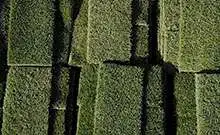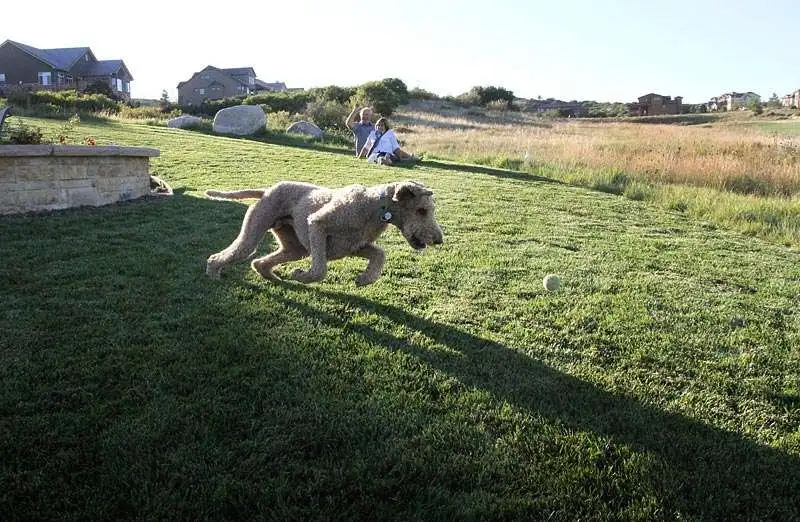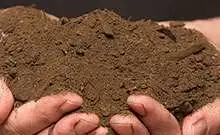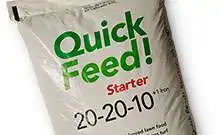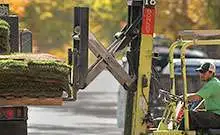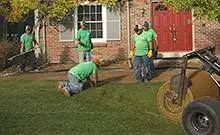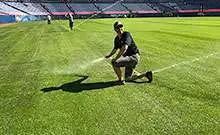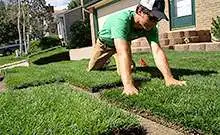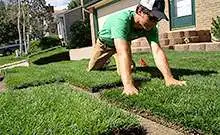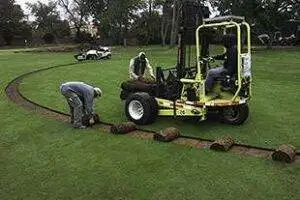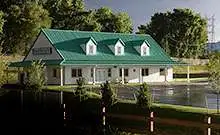Wet Spring Lawn Care
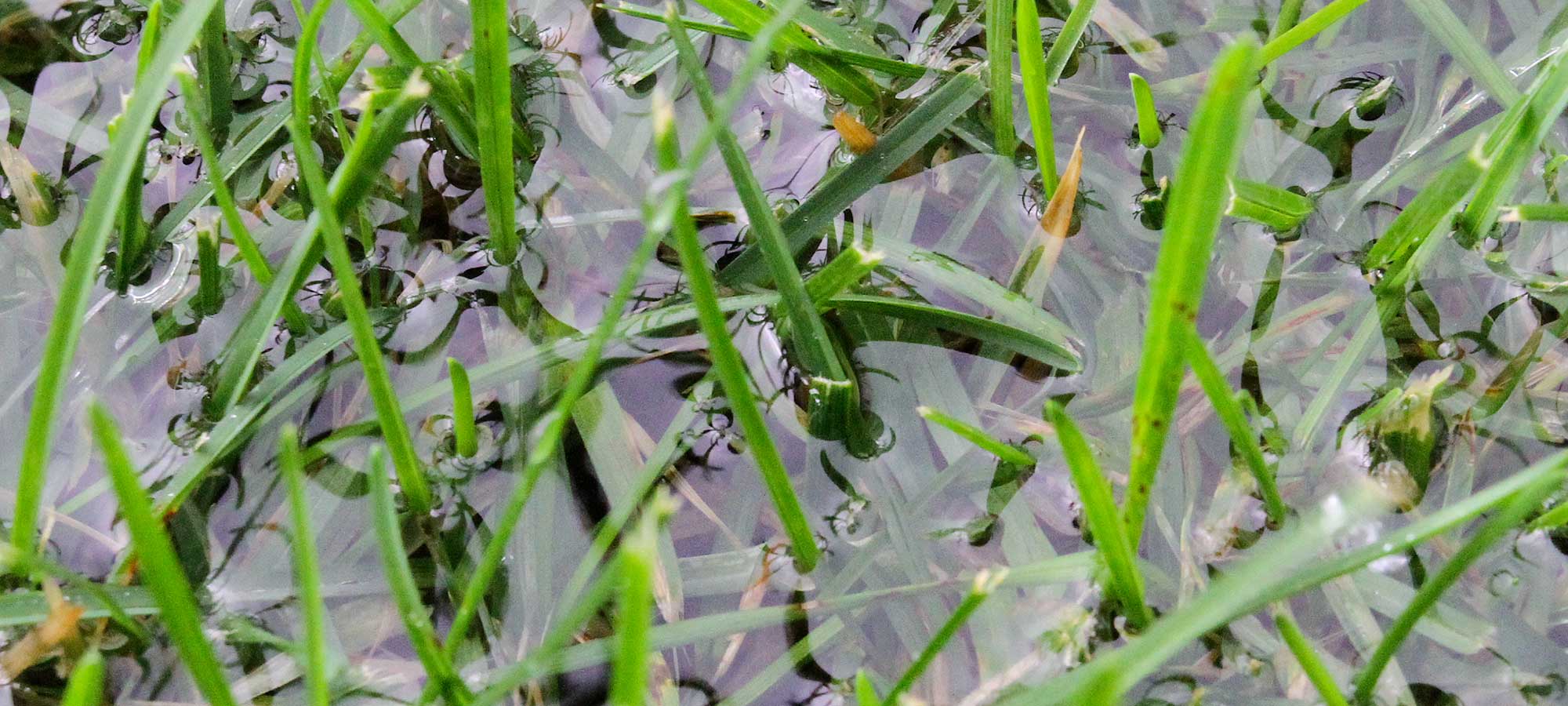
Record rain in Colorado this Spring
Spring in Colorado often brings heavy precipitation and cooler temperatures. Under these conditions, spring lawn care can be a little bit trickier. However, a little lawn maintenance can go a long way in the spring. Turning off sprinklers, keeping your lawn mowed, and removing clippings are all important to maintain the health of your grass. With all this natural moisture, there’s no need to water.
Turn Off Your Sprinklers
In times of heavy precipitation, the first thing to do is turn off your sprinklers! Let Mother Nature do her thing and keep your lawn nice and watered. There is no reason to be one of those people who has their sprinklers going in a rainstorm. It’s wasteful, and it’s not very good for your lawn. Overwatering, while fairly difficult to do, can lead to problems in your lawn. Patches may start dying, weeds can become overgrown and start crowding your grass, and fungi can start growing in overwatered lawns as well. By simply turning off your sprinklers during weeks of heavy precipitation, you can save your lawn a whole lot of trouble!
Keep your lawn mowed
With all this wet, cool weather, grass grows tall very quickly. However — your lawn is healthiest when it’s shorter. Mowing tall grass down allows it to grow thicker and filled in more. When grass grows tall, it becomes sparse, and the root system doesn’t dig down into the earth as deeply, causing it to be less efficient in the hot summer months looming ahead.
When mowing, wait for a break in the rain and get out there. Adjust your mower up so it will only mow off a third of the grass blades at a time. If you cut too much off at a time, it will shock the grass and cause it to die. For especially tall lawns, you should mow every 2 to 3 days, cutting off about a third of the length of the grass blades until it stands about 2-3 inches tall.
Remove excess clippings
After mowing, make sure that excess clippings get raked off of the sod. Lawn clippings can end up smothering the grass, or add to the thatch layer (the organic matter at the bottom of the grass leaf before the dirt and roots start). If the thatch layer gets too thick, it can end up blocking water and air movement to the roots and lead to excess water runoff. When this happens, it makes it very difficult for your lawns root system to access water no matter how much you are watering. By simply removing excess clippings in the wet season, you can keep your lawn from literally blocking itself from receiving water.
Utilizing the Wet Season
Following these three simple tips in the spring can make a huge difference in your lawn. Turning off sprinklers during times of heavy precipitation helps prevent overwatering. Mowing encourages grass to grow thicker instead of tall and stringy — creating a strong root system that will withstand the heat of the summer. Removing clippings allows the healthy flow of air and water to the root system instead of creating a wall of decomposing matter that prohibits water from reaching roots and can cause your yard to dry out. Keeping up with your yard in the spring will set you up for huge success when the summer heat kicks up.

